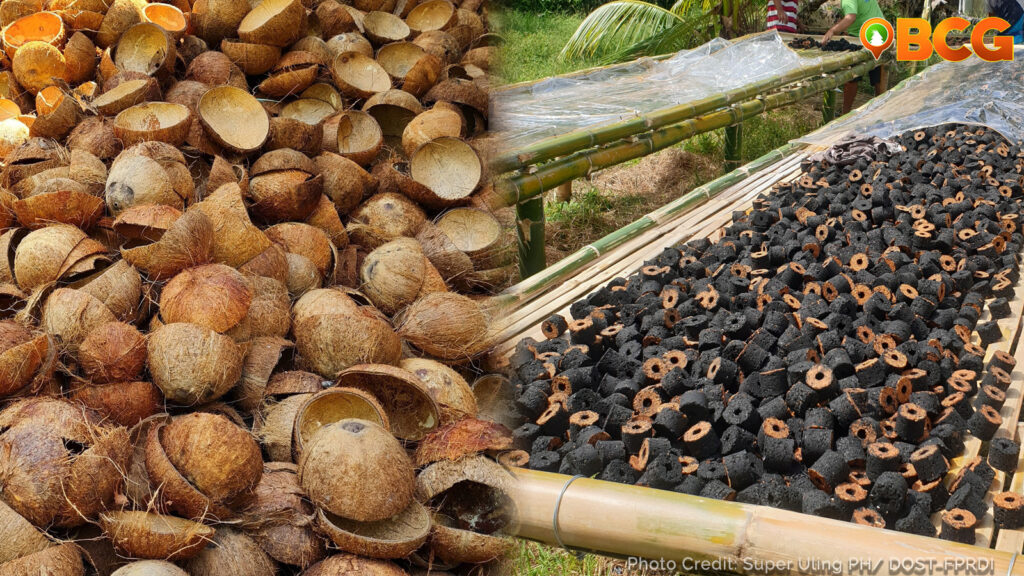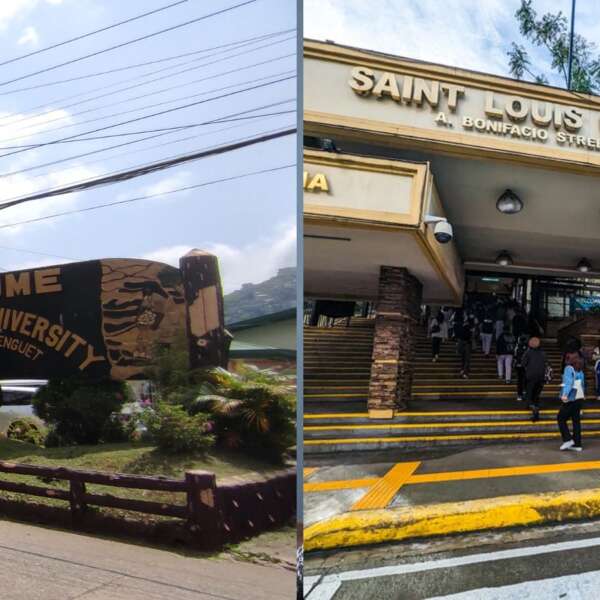This Company Turns Cocoshell waste into “Super Uling”
A coconut farm in San Juan was able to build a new business venture from waste that is commonly just left to decompose, thanks to DOST-Forest Products Research and Development Institute’s (DOST-FPRDI) technology.
Thega Coconut Farm (TCF) asked for DOST-FPRDI’s help in 2018 to transform the farm’s coconut shells into charcoal briquettes. According to Sarahme Corazon B. Esteban of DOST-FPRDI’s Socio-Economics and Marketing Section (SEMS), TCF acquired four drum kilns, manual briquettor, binder-mixer, and charcoal crusher from DOST-PFRDI to convert the 1,600-2,400 kilos of coconut shells generated every 45 days from copra making.
Not only does this solve waste management, but this also solves the growing problem of forest degradation due to traditional charcoal production. According to a study published in IOP Science, forest degradation from charcoal production accounted for nearly 30% of forest cover change in the Tete Province, Central Mozambique for 2014.
The coconut shells are molded under pressure and compressed into charcoal briquettes using a mix of carbonized fines and binder. According to DOST, compared to ordinary charcoal, these charcoal briquettes are less messy, easier to handle due to their uniform sizes. The briquettes are also almost smokeless when burning and produce a more intense heat per unit volume.
Through DOST-PFRDI’s tech, four drum kilns each loaded with 100 kg of coconut shells (80%) and some wood trimmings (20%) can generate about 50-80 kg of charcoal briquettes.
TCF’s charcoal briquettes are now sold under the trade name “Super Uling PH®”, with prices ranging from Php 60 to 80 per kilo.
SOURCES: DOST-FPRDI, Super Uling PH, IOP Science
















